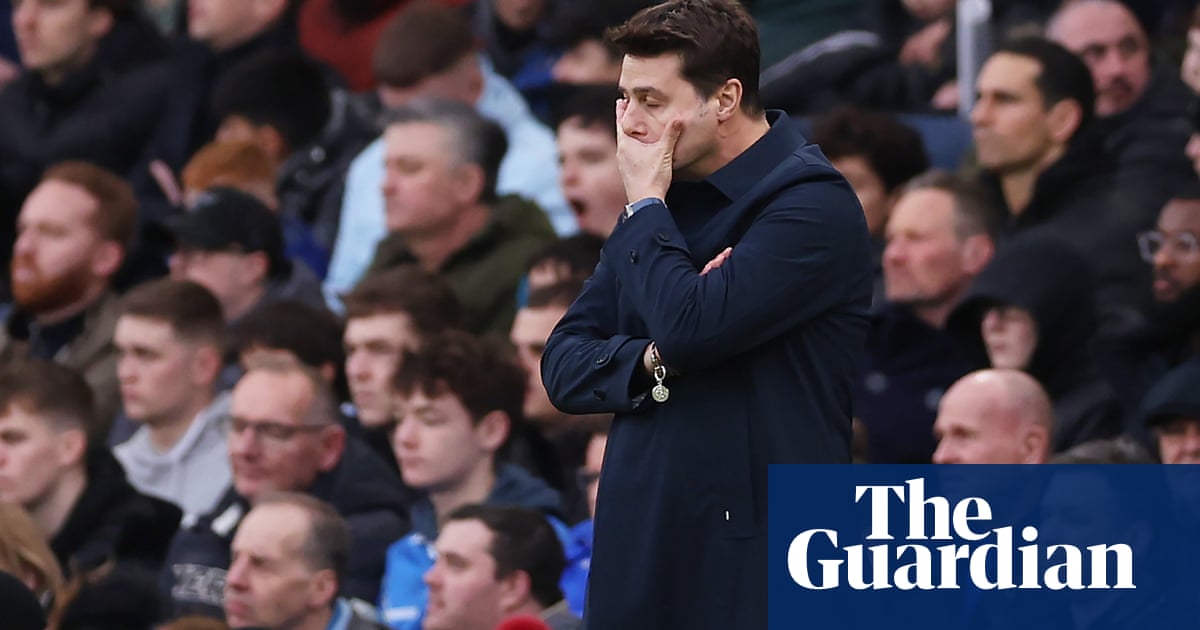
A senior Pinterest executive has admitted the platform was “not safe” when Molly Russell used it, after apologising over the graphic material shown to the teenager before her death.
An inquest into the 14-year-old’s death heard how Molly viewed multiple images on self-harm on the online pinboard website and was sent emails by the company recommending depression-related content.
Jud Hoffman, the head of community operations at Pinterest, said he “deeply regrets” that Molly viewed graphic material on the platform before she killed herself in November 2017.
Hoffman told an inquest into the teenager’s death on Thursday that Pinterest was still “not perfect” and that content violating its policies “still likely exists” on the platform.
He was asked by Oliver Sanders KC, representing Molly’s family, if Pinterest accepts that the site was not safe when she was on it in 2017, where she was able to access graphic material referring to self-harm, depression and suicide.
Hoffman replied: “That’s correct. There was content that should have been removed that was not removed.”
Molly, from Harrow, north-west London, killed herself in November 2017 after viewing a significant amount of content on social media platforms – especially Pinterest and Instagram – related to depression, suicide, self-harm and anxiety.
North London coroner’s court heard evidence from Hoffman on Thursday, as he was taken through the last 100 posts that were seen by Molly before she died. Hoffman said: “It is important to note that I deeply regret she was able to access some of the content that was shown.”
Asked by Sanders if he was sorry it had happened, Hoffman said: “I am sorry it happened.”
Hoffman admitted recommendation emails sent by Pinterest to the teenager such as “10 depression pins you might like” contained “the type of content that we wouldn’t like anyone spending a lot of time with”.
The US-based Hoffman had been ordered to attend in person by the senior coroner, Andrew Walker. The senior executive said the technology available to the company now to moderate content was “just not available to us” before Molly’s death.
Hoffman admitted some images he was shown were ones he would “not show to my children”.
Asked if the content viewed by Molly would be taken down now under current Pinterest guidelines, Hoffman said a “portion” of it would be.
Hoffman was also asked about searches made on Pinterest this year by Molly’s father, Ian Russell. Sanders said Russell searched under the term “suicidal quotes” – a term also used by his daughter when searching on Pinterest – and found content “certainly similar to the lower end that Molly was looking at”. Hoffman said “suicidal quotes” should have been on a list of banned search terms and had been left off by accident.
Earlier on Thursday, Russell, 59, was taken through posts from his daughter on Twitter where she approached celebrities and social media influencers for help. Russell described how his teenager was “calling out into a void” by seeking help on Twitter.
Salice Rose, an influencer who has discussed her experience of depression online, was one of the people Molly tried to contact. Russell said it was a “danger” for people like Molly to seek support from well-meaning influencers who cannot offer specialist support.
On Thursday morning he also told the inquest: “I believe social media helped kill my daughter. I believe that too much of that content is still there and I believe there is a lack of transparency.
“Children shouldn’t be on a platform that presents a risk to their lives.”
The inquest continues.











